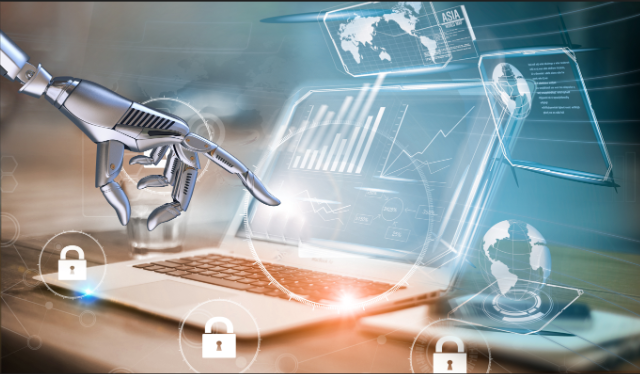Home >Technology peripherals >AI >Khosla, one of OpenAI's first investors: Most AI startups are overvalued
Khosla, one of OpenAI's first investors: Most AI startups are overvalued
- 王林forward
- 2023-10-25 11:41:09871browse

News on October 25, when artificial intelligence startup OpenAI transformed from a non-profit organization to a "caped-profit" company in 2019, Silicon Valley venture capitalist Wei Vinod Khosla took the first bold step. His Khosla Ventures invested $50 million in OpenAI, its largest investment in its 15 years of existence.
Since at least ten years ago, Khosla has firmly believed that artificial intelligence is a transformative technology. But at the beginning of this year, Khosla saw a flood of investors suddenly wanting to back any AI company they could get their hands on.
Kosla said in an interview: "I think most people will come back from the Christmas break and say, we missed the boat (OpenAI), now let's get on a small boat in time and paddle hard. Go ahead!"
But at that moment, Khosla decided to do something that would serve him well throughout his long career: withdraw most of his investments in artificial intelligence and row in the opposite direction. .
Khosla explained: “Most AI startups are valued in the hundreds of millions or billions of dollars, and they are self-correcting because it’s more of a winner-take-all thing than we realize. Investing in hot trends is a bad idea."
Khosla, 68, founded Sun Microsystems in 1982 and played a key role in the early development of AMD and Juniper Networks. He spent 18 years at Kleiner Perkins Caufield & Byers before launching his own Khosla Ventures in 2004. There, Khosla made early bets on Affirm, DoorDash and Instacart, investments that helped his net worth soar to $6.2 billion, according to Forbes magazine.
Khosla is one of the few top VCs actively investing in the current market, and he has experienced other cycles of change such as social media, mobile devices and personal computers that he believes will compete with artificial intelligence.
Khosla said: "If you go back to the 1980s, there were thousands of software companies, but only a few big winners. Most people and most companies lost everything. I think The same thing will happen in artificial intelligence."
Khosla said he is making "a lot of fundamental investments in esoteric areas" rather than artificial intelligence.
Data compiled by PitchBook, a research organization focusing on private equity and venture capital, shows that although the total transaction volume of startups fell by 31%, financing for global artificial intelligence companies increased by 27% year-on-year in the third quarter.
Khosla would not disclose which artificial intelligence companies he has abandoned, but he is not involved in Anthropic (valued at $30 billion), Character.ai (valued at $5 billion), Hugging Face (valued at $45 billion) recent rounds of financing for startups such as Adept (valued at $1 billion) or Adept (valued at $1 billion).
Khosla is careful to note that he is not avoiding all AI startups. Khosla Ventures earlier this year invested in Replit, a generative AI tool for software development, at a post-money valuation of $1.16 billion.
There’s also OpenAI itself, which has arguably benefited as much from the AI hype as any startup. According to Bloomberg, the company is in talks to sell some of its existing shares at a valuation of $86 billion.
Khosla declined to comment on the OpenAI share sale or confirm or deny any reports on valuation. But he did say that, using OpenAI as an example, he thinks the hype is justified when you see the company growing so fast. It is reported that in just a few months, OpenAI’s annual revenue increased from US$1 billion to US$1.3 billion.
Khosla said: "Investing in fundamentals is different from being a sheep that goes with the flow. I am arrogant because I don't like to listen to other people."
The above is the detailed content of Khosla, one of OpenAI's first investors: Most AI startups are overvalued. For more information, please follow other related articles on the PHP Chinese website!
Related articles
See more- What is the core of artificial intelligence
- How to use Siri as an AI-powered chatbot with OpenAI's ChatGPT
- Discord launches three new AI experiences, including intelligent conversation system powered by OpenAI
- Is Tesla's self-driving guru going to engage in ChatGPT? Will join OpenAI
- A leaked internal Google document shows that both Google and OpenAI lack effective protection mechanisms, so the threshold for large models is being continuously lowered by the open source community.

